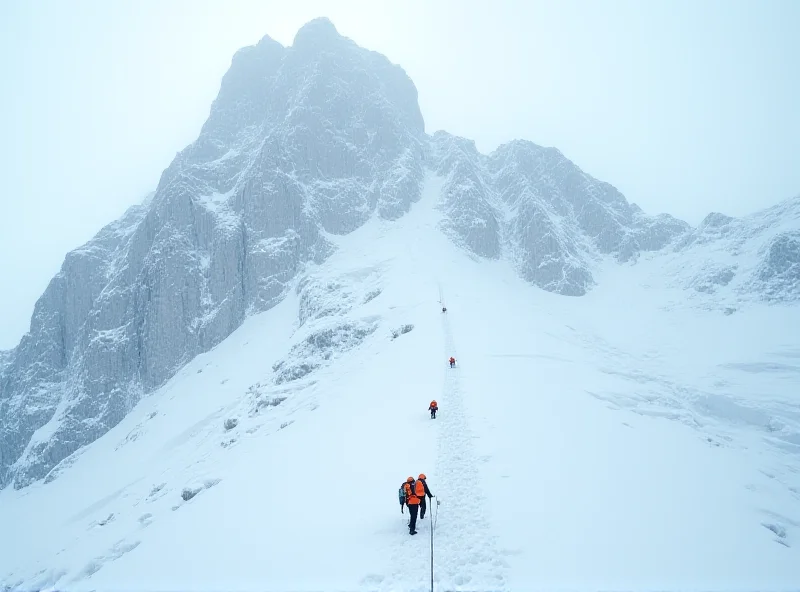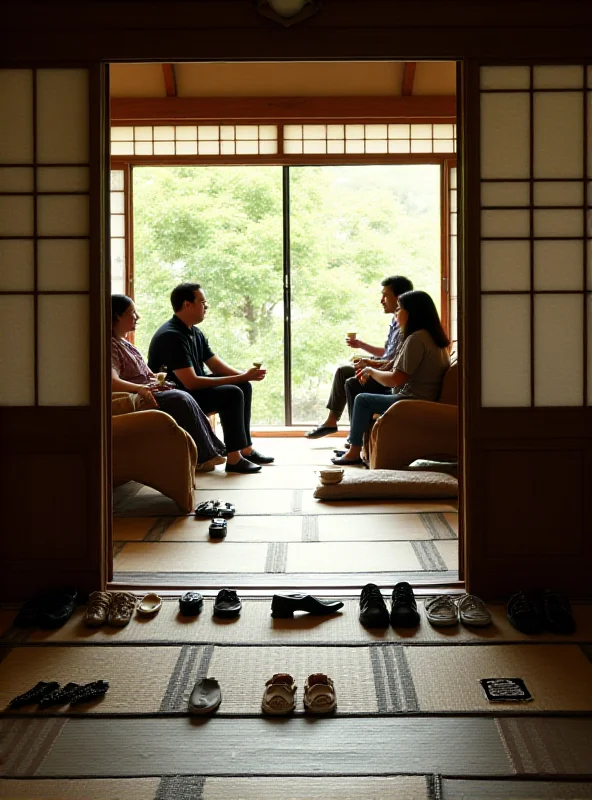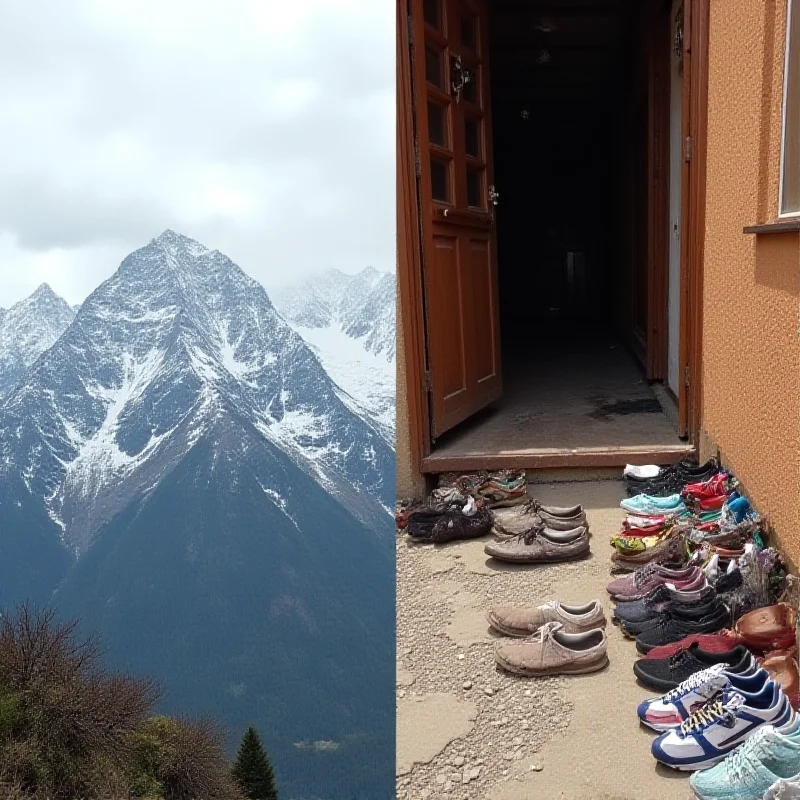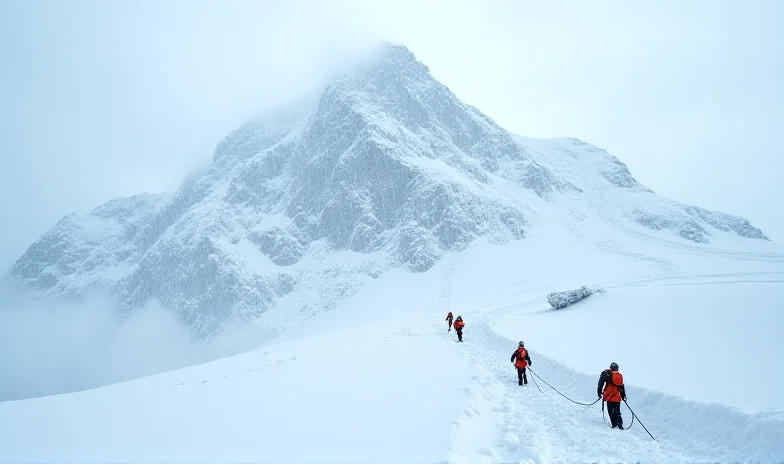A tragic avalanche in northern India has claimed the lives of at least four road construction workers, with several others still missing, prompting an ongoing rescue operation. Meanwhile, across the globe, a seemingly unrelated incident involving Vivek Ramaswamy's barefoot interview has ignited a cultural debate about social norms and etiquette.
Avalanche Tragedy in Uttarakhand
The avalanche struck in the village of Mana, located in the northern state of Uttarakhand. Reports indicate that the avalanche swept away road construction workers. Rescue teams are working tirelessly to locate the missing individuals. "The search for five missing workers is continuing," officials stated, emphasizing the challenging conditions in the mountainous region.

The incident underscores the dangers faced by construction workers in these remote and rugged areas. The focus remains on the search and rescue efforts, with authorities providing support to the affected families.
Vivek Ramaswamy's Barefoot Interview: A Cultural Flashpoint
On a different note, Vivek Ramaswamy, a prominent figure, recently found himself at the center of a cultural debate after appearing barefoot in an interview. The seemingly innocuous detail sparked a wave of reactions, with some criticizing him for a perceived breach of etiquette. However, many others quickly came to his defense, highlighting that removing shoes indoors is a common and accepted practice in many cultures, particularly in South and East Asia.

The debate quickly evolved into a broader discussion about cultural sensitivity and the importance of understanding diverse social norms. As one user pointed out, "Removing shoes indoors is a common practice in many cultures." This simple act, often overlooked, highlights the rich tapestry of traditions that shape social behavior across different regions of the world.
Connecting the Dots: A World of Contrasts
While seemingly disparate, these two events – the tragic avalanche and the barefoot interview controversy – offer a glimpse into the complexities of our world. One highlights the challenges and dangers faced by workers in remote regions, while the other underscores the importance of cultural understanding and sensitivity in an increasingly interconnected global society.

As Ursula von der Leyen aptly stated, "In an era of conflicts and intense competition, there is a need for trusted friends." This sentiment rings true whether we are discussing international relations or simply navigating the diverse cultural landscape within our own communities. Both events serve as a reminder of the need for compassion, understanding, and a commitment to building a more inclusive and equitable world.
The ongoing rescue efforts in Uttarakhand and the cultural discussions surrounding Vivek Ramaswamy's interview both underscore the need for a global perspective.
